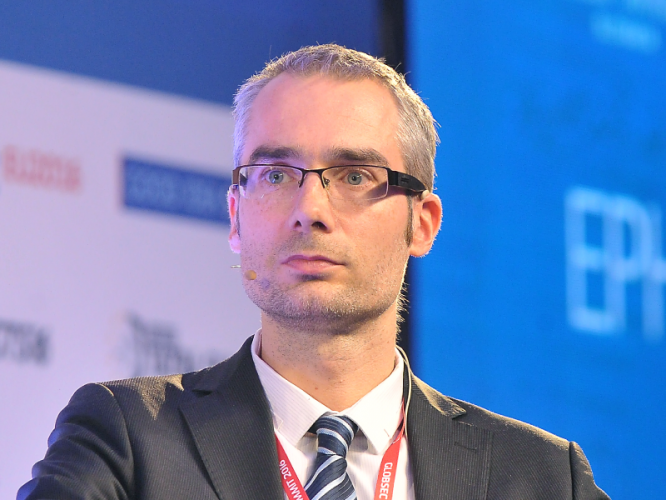Information revolution and Democracy

By Daniel Milo, Head of Stratcom Programme, GLOBSEC Policy Institute
Social media are transforming the world in a much faster way than anyone could have predicted. Traditional media are being challenged by the plurality of Internet news sources and social networks. More Internet users are relying on the abundance of unfiltered disinformation outlets that often-spread false information or particular narratives. Search engines and social media are based on algorithms that personalise visible content and thus create information bubbles for users, prevent exposure to differing views and reinforce the information bias people live in.
The vastness of social media and the direct access to modern technologies urge people to express their thoughts and ideas online. Everybody with a smartphone can become a blogger or a reporter capturing or livestreaming the breaking news. While technology empowered ordinary people to have their voices heard and brought people from all around the world closer together, it also provided a space for armies of ideologically motivated “opponents”, radicalised citizens, paid trolls and automated bots to exchange online salvos of posts, likes, narratives and false information.
Following the ever-increasing activity and pattern of aggressive bots, it is possible to conclude that elections and referendums as tools of direct democracy have been hijacked. Freedom of expression or the freedom of the press have been captured by pseudo-information portals spreading particular narratives. However, information confrontation of foreign actors in not limited only to the spread of false and misleading information and hoaxes – it includes acts of espionage, economic bribery, cyber-attacks, support of particular political candidates and quasi-NGO groups. Research shows that populist and extremist right-wing groups excel in abusing the algorithms of online search engines and social media that amplify their propaganda and spread it like a virus across the Internet.
Thus, the social media giants, such as Google and Facebook, wield enormous power and influence. While social media are inherently neither good nor evil, they can be very effectively and easily used for both purposes. It is commendable that some steps have been taken by these companies, but these are not sufficient to neutralise all actions of information confrontation.
While, democratic societies and their institutions are only beginning to fully appreciate the scope and breadth of the threat, they should acknowledge their vulnerability and increase the barriers to protecting their core democratic values and institutions. However, it is not only the state authorities who need to do more. Ordinary people too should be equipped with tools and skills enabling them to make a distinction between facts and fakes. Media literacy and critical thinking should be the pillar of education systems. Governments, using appropriate measures, should provide support to such people or institutions, which were targeted by automated bots and online trolls. Protective measures for victims of disinformation or cyberbullying should be an integral part of state countermeasures developed to target hostile foreign influence.
Policy measures to counter this potentially lethal danger, which can undermine the foundations of democracy, will require open cooperation with private corporations as Facebook and Google, innovative technology solutions, strong government action, and a unified political will.